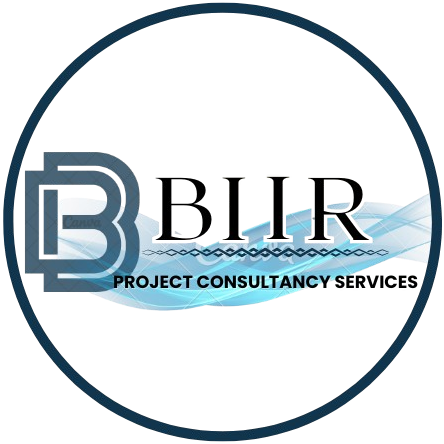New Project Next-Generation Textile Manufacturing in the Middle East
Introduction: Next-generation textile manufacturing integrates advanced technologies and sustainable practices. The Middle East is poised to lead in this sector, supported by BIIR Project Consultancy Services‘ expertise.
Market Potential:
- Technological Advancements: Adoption of smart fabrics and automation.
- Economic Diversification: Reduces dependence on traditional industries.
BIIR’s Role:
- Strategic Planning: Feasibility studies and market analysis.
- Implementation Support: Managing the entire project lifecycle.
Technological Innovations:
- Smart Fabrics: Integrating electronic components for advanced functionalities.
- Automation: Utilizing robotics to enhance efficiency and quality.
Financial Considerations:
- Capital Investment: Approximately $20 million for a medium-sized facility.
- Production Capacity: Capable of producing 30 million meters of fabric annually.
- Rate of Return: Expected rate of return is 14-16%.
- Break-even Point: Achieved within 5-6 years.
- Debt Service Coverage Ratio (DSCR): Aiming for a DSCR of 1.8 or higher.
Challenges and Solutions:
- Technical Barriers: Overcome through continuous innovation and investment in advanced technologies.
- Market Hesitancy: Addressed through consumer education and showcasing product benefits.
Sustainability and Corporate Responsibility:
- Environmental Impact: Promoting sustainable practices and reducing waste.
- Community Engagement: Supporting local communities through job creation and development programs.
Future Trends:
- Technological Advancements: Innovations in nanotechnology and biotechnology.
- Policy Shifts: Supportive regulations for sustainable textile manufacturing.
Conclusion: Next-generation textile manufacturing presents significant opportunities for the Middle East. BIIR Project Consultancy Services ensures these projects are successfully implemented, contributing to technological advancement and economic growth.

